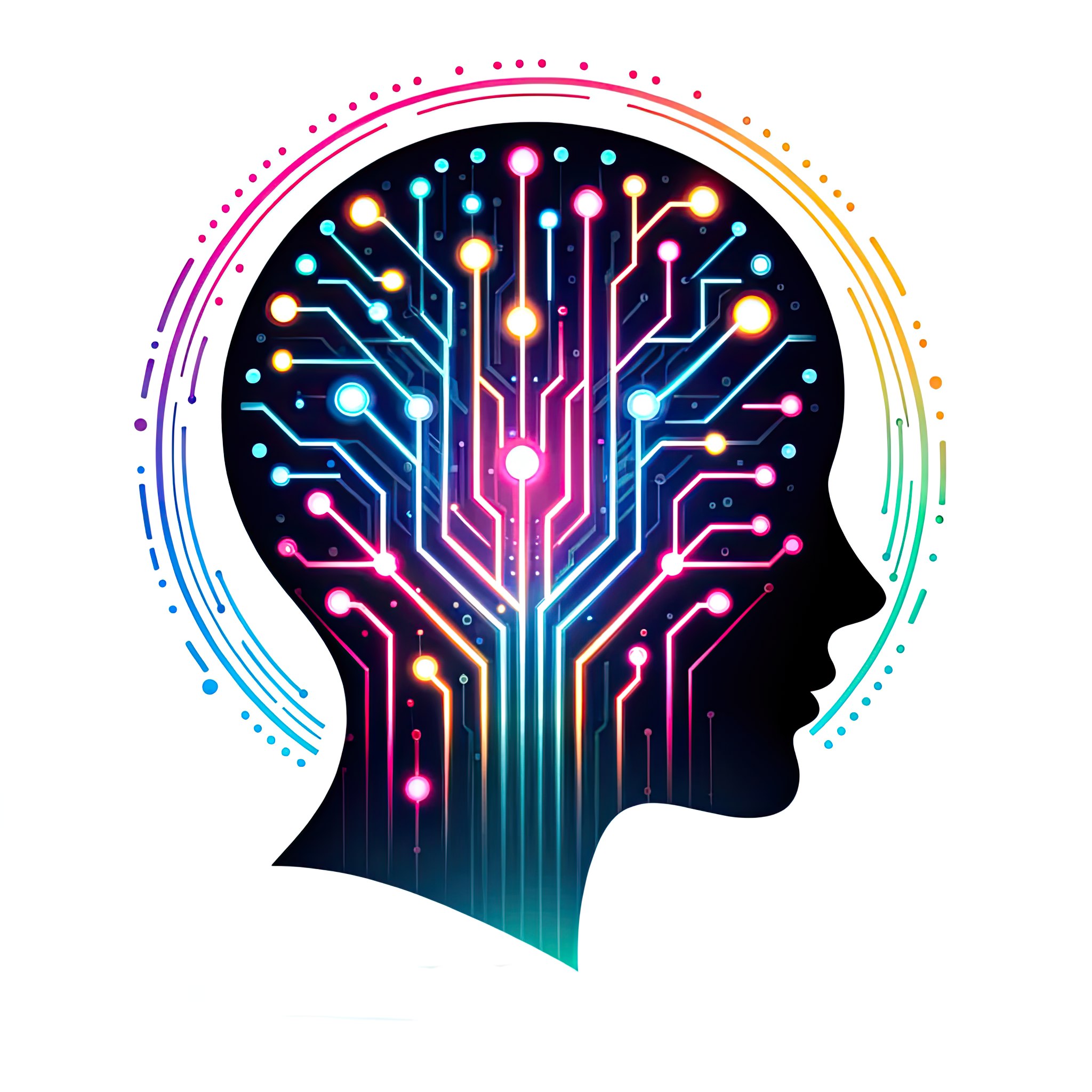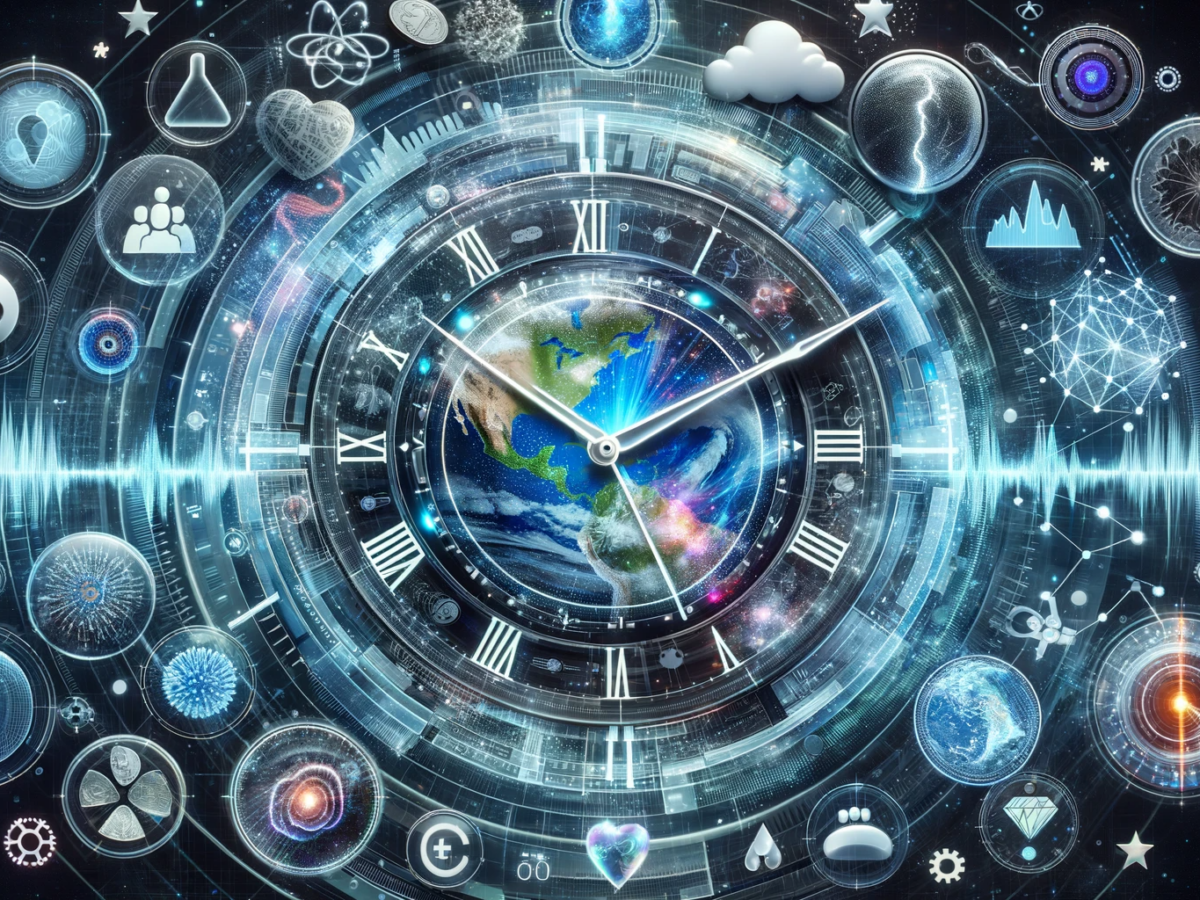In an age teeming with data, the quest to decipher the hidden and predict the future is more compelling than ever. Artificial Intelligence stands at the forefront of this quest, serving as a modern oracle with a reach spanning various domains. This exploration reveals how AI harnesses its predictive might in areas such as weather forecasting, seismic activity prediction, disease progression analysis, geopolitics, and cosmic phenomena, while also venturing into finance, sports, human behavior, and the groundbreaking domain of predicting early deaths with the innovative Life2vec model.
AI’s role in weather forecasting marks a new era of precision, with its ability to sift through enormous datasets and identify patterns, leading to more accurate and timely forecasts. The implementation of advanced machine learning algorithms, exemplified by IBM’s Global High-Resolution Atmospheric Forecasting System (GRAF), leverages data from satellites and weather stations, enhancing preparedness for adverse weather conditions.
In seismic prediction, AI offers a glimmer of hope for forecasting elusive seismic events like earthquakes. Projects such as the collaboration between Google and Harvard use AI to analyze vast databases of earthquake recordings, aiming to predict seismic activities with greater accuracy, potentially saving lives by providing advanced warnings.
Healthcare is another field reaping the benefits of AI, particularly in understanding and predicting disease progression. By analyzing comprehensive datasets that include patient information and medical records, AI models can predict the progression of diseases such as cancer and Alzheimer’s, enabling early intervention and personalized treatment plans that promise better outcomes for patients.
The unpredictable nature of geopolitics presents a thrilling challenge for predictive AI. Projects like the Good Judgement Project utilize crowdsourced predictions and machine learning to forecast geopolitical events, demonstrating AI’s burgeoning capability to parse historical data and real-time information to anticipate global shifts.
Cosmic exploration benefits from AI’s predictive capabilities, with algorithms processing data from telescopes and space probes to predict celestial events, such as supernovae or black hole mergers, providing insights into the universe’s vast mysteries.
Financial forecasting leverages AI to navigate the intricate web of market factors, analyzing trends, economic indicators, and investor behavior to predict market movements, offering valuable foresight for investors and policymakers.
In sports, AI predictions cover game outcomes, player performances, and injury risks, drawing on historical data and real-time statistics to provide insights into future sporting events, enhancing strategies and fan experiences.
The realm of human behavior and social trends is unraveled by AI through the analysis of social media, purchase histories, and online interactions, enabling predictions on consumer behavior, social trends, and electoral outcomes, illustrating the vast potential of AI in understanding and forecasting human dynamics.
A significant breakthrough in predictive AI is embodied by the Life2vec model, a creation of the Technical University of Denmark, published in Nature Computational Science. With a remarkable 78 percent accuracy in predicting early deaths, Life2vec utilizes a deep learning neural network architecture akin to that of ChatGPT, trained on a dataset containing personal and socio-demographic information of six million Danes. By analyzing factors such as education, health, income, and occupation, Life2vec predicts future events in individuals’ lives with a notable accuracy rate, surpassing similar systems by 11 percent. The model’s precision in foreseeing premature deaths, with errors primarily in heart attacks and accidents, highlights the importance of factors like gender, mental health diagnosis, and low income in increasing early death risks. Life2vec’s success demonstrates a significant advancement in complex data analysis, offering potential applications in public health, social planning, and understanding socio-demographic patterns.
The journey of AI in predicting the future is a narrative filled with promise and challenges. Despite inherent limitations and ethical considerations, advancements in machine learning and data analytics are ushering in a new era of predictive capability across a diverse array of fields. From forecasting weather and seismic activities to analyzing financial markets, predicting sports outcomes, deciphering human behavior, and even anticipating early deaths, AI stands as a formidable force in our quest for knowledge and foresight.
All images and all text in this blog were created by artificial intelligences

